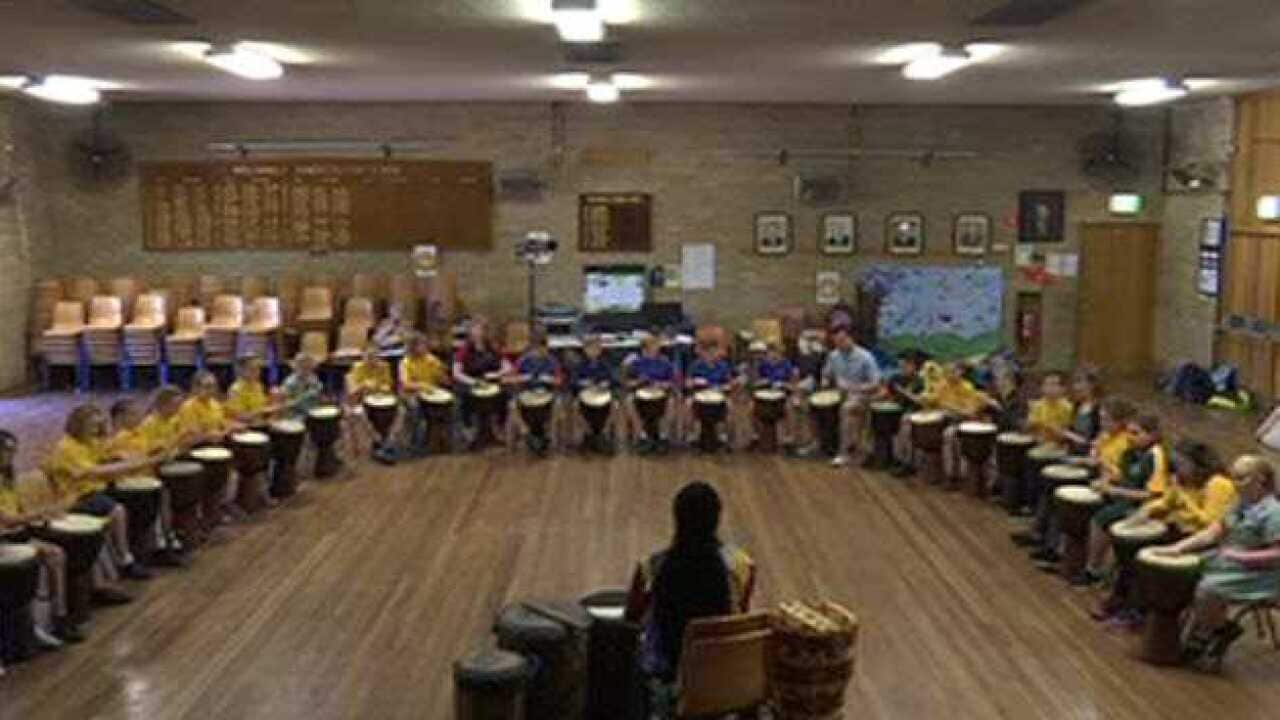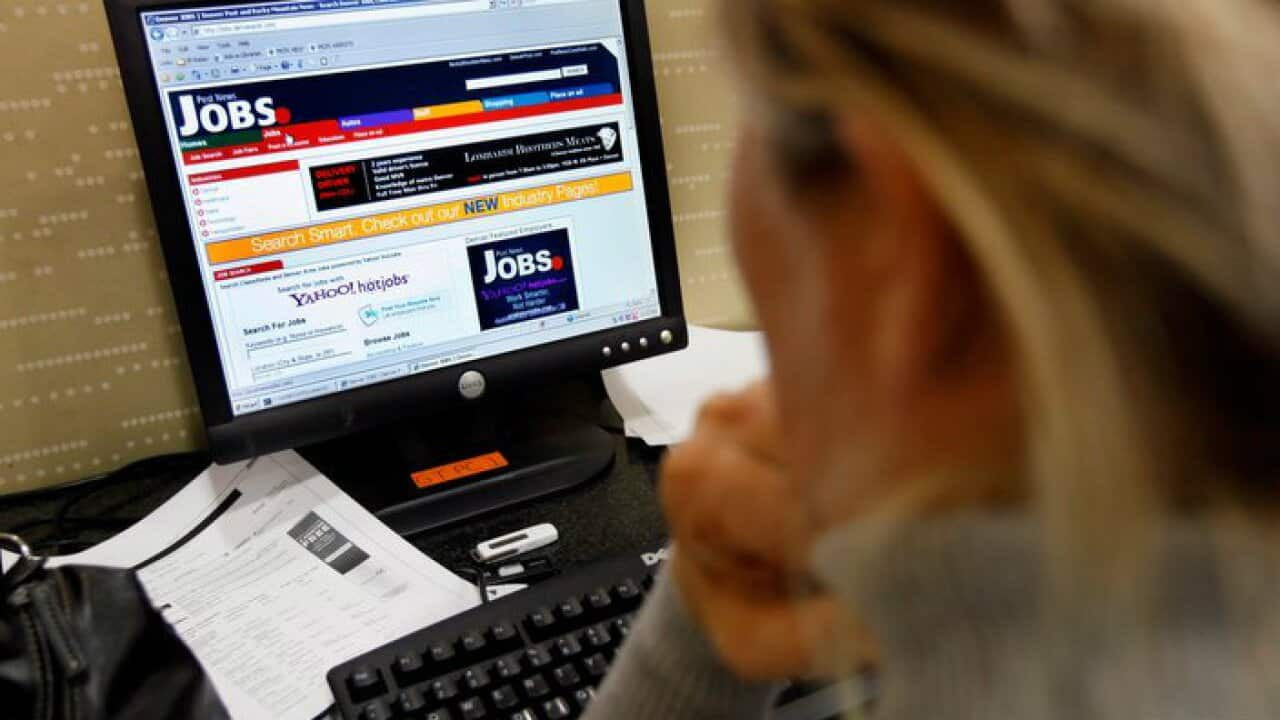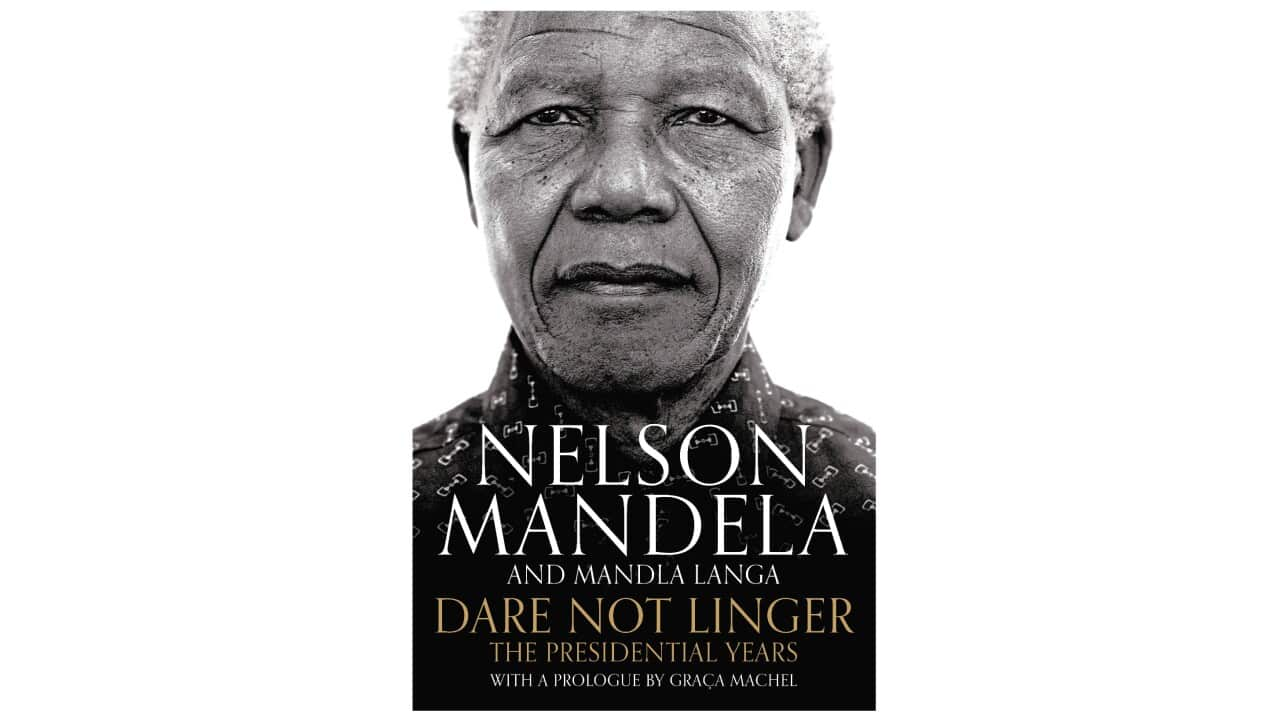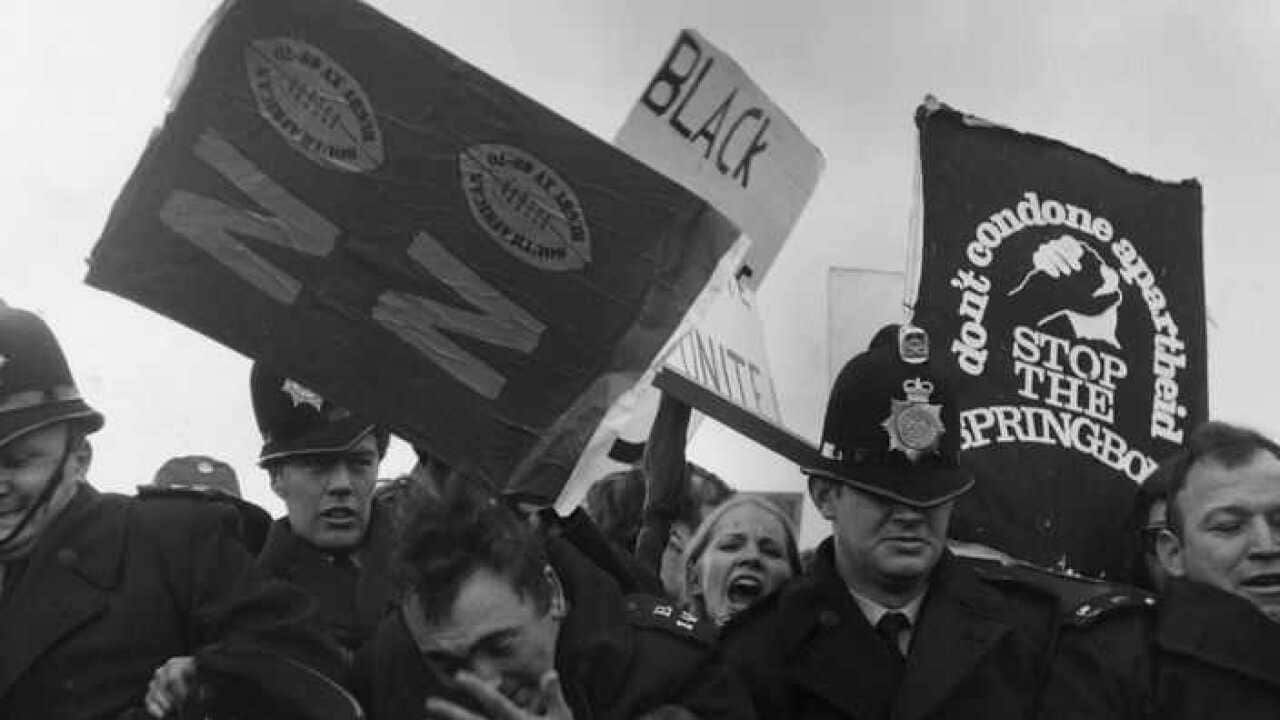The condemnation and a call for the country's two key leaders to calm their sides echoes sharp criticism from UN Secretary General, Ban Ki-moon.
Renewed fighting in the country has raised fears it could descend into another long civil war.
South Sudan has spent much of its short life as an independent country at war with itself.
Finally, the mood in the land was meant to be joyous this past weekend, in celebration of the anniversary of independence.
But, once again, there has turned out to be little to celebrate.
Almost a year after emerging from a two-year civil war, days before the planned celebrations, reports of renewed fighting began to surface.
The violence started late on Thursday when soldiers loyal to President Salva Kiir demanded to search vehicles of Vice President Riek Machar's supporters.
That stand-off, in the capital Juba, reportedly led to clashes, with officials saying nearly 300 people were killed, including some civilians.
Troops loyal to Mr Machar say the president's troops attacked his residence.
Government spokesman Michael Makuei Lueth has urged calm.
"At present, the situation is calm, the situation is normal. Juba town is under full control of the government of the republic, of the government."
Another government official, with Mr Machar's Sudan People's Liberation Movement in Opposition, or SPLM-IO, General Taban Deng Gai, says nobody has wrested control.
"There is nobody who is having control here. This is wishful thinking. The country has a president, one president, one government, as Michael said, one people, so the law and order is the responsibility of the government all over the place of the country, including where the IO forces are deployed. We are appealing again that you, also -- the media houses -- help us sending this positive message to our people and to our friends that the country must live in peace."
The violence has raised fears of a slide back into full-blown conflict in the five-year-old nation.
UN secretary general Ban Ki-moon has called on both leaders to do everything within their power to immediately de-escalate the hostilities.
Mr Ban, in a statement, has described the violence as senseless and unacceptable, adding it has the potential to reverse the progress made so far in the peace process.
South Sudan descended into civil war between government forces and troops loyal to Mr Machar in December 2013.
The conflict, which started as a political dispute between the two leaders, was fought largely along ethnic lines.
Mr Kiir, a Dinka, and Mr Machar, a Nuer, drew support from their respective ethnic factions.
The United Nations says tens of thousands of people died in that conflict while an estimated 2.4 million people were forced to flee their homes.
In August, after several negotiation attempts, a peace agreement was formally signed, bringing an end to the fighting.
Mr Machar, who had spent much of that time outside South Sudan, returned in April, a step many saw as important to end the fighting continuing even after the peace deal was signed.
President Kiir says he is committed to finding a peaceful solution to the violence and will talk with Mr Machar's supporters in the government.
"There is nothing to be done about it, but we have to continue finding a solution to it. And I will still -- although everybody will be resting tomorrow -- I will still call my colleagues (in the opposition) tomorrow so that we sit and finish what we did not complete before."
Mr Machar, appearing at a joint press conference with the president days earlier, reiterated his commitment to the peace process.
"This is an interruption to the good process which we have initiated. We want to continue this process of dialogue among ourselves resolving issues so that the country comes out of the conflict. So we are calling on all the population, all South Sudanese, whether armed or not armed, to respect the ceasefire."




